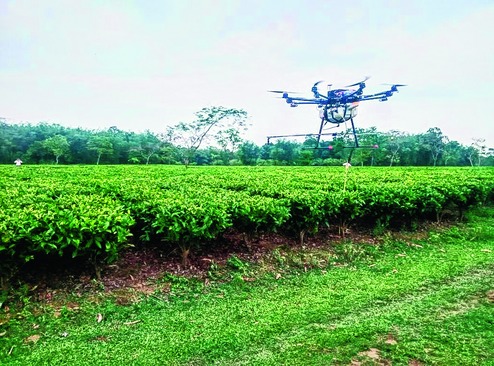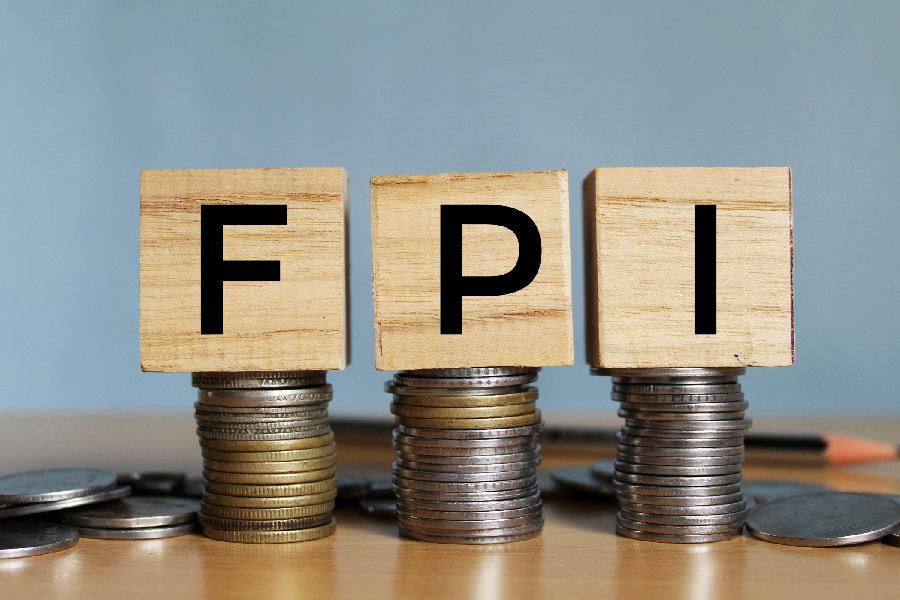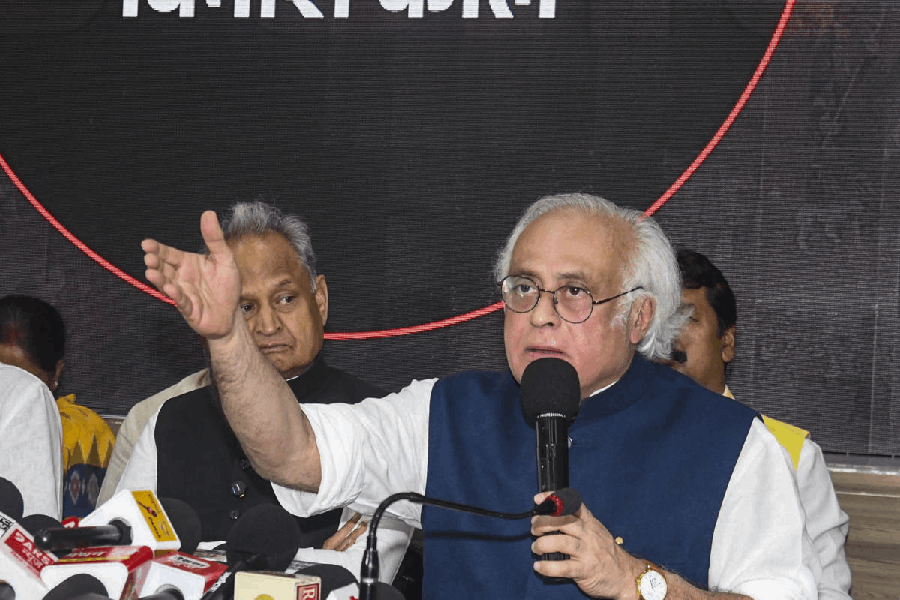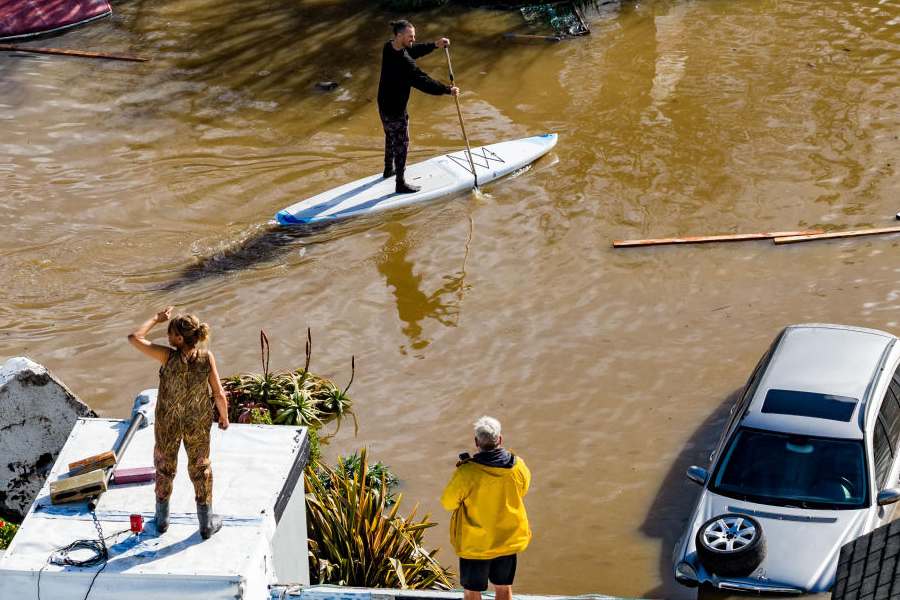
Guwahati, May 5: The tea industry has introduced drones for spraying of pesticides to save on manpower and increase work efficiency.
The initiative to use drones to spray pesticides was taken by Amalgamated Plantations Private Limited (APPL) at its Teok garden in Upper Assam on May 3 and 4. The drones, procured from the Bangalore-based Tata Technology Innovation Centre, were used for seven hours over two days.
"The idea is to save on manpower and spray pesticides efficiently. These are just trials," a senior official of the company told The Telegraph .
The work has been taken up in collaboration with Tea Research Association (TRA) and Assam Agricultural University.
Sources said the company required two mandays per hectare to spray pesticides and given the ongoing labour problems, it thought it best to use drones for the purpose. The company has 25 gardens in Assam with a total workforce of 31,000. One drone can spray pesticides upto 20 bighas per day.
The drones were flown just one metre over the bushes so that the pesticides don't get to non-targeted areas, the official said. He said drones can also help identify waterlogged and pest-hit areas though pictures taken from its camera.
"Drones have several other scientific benefits," he added.
The company has taken to mechanisation in other processes as well to circumvent shortage of labour. These include increased use of machines for plucking tea leaves and pruning, enables early completion of pruning and makes mandays available for other cold weather jobs.
According to PricewaterhouseCoopers (PwC), a top professional services firm, the most promising areas for use of drones are agriculture, where it can be used for soil and field analysis, planting of crops, crop spraying, monitoring, irrigation and health assessment of crops.
PwC estimates the market for drone-powered solutions in agriculture at $32.4 billion.
Tea Research Association (TRA) director A.K. Barooah said their role would be to find out the effectiveness of using drones for pest spraying and the modifications that can be made to improve the performance of drones.
He said it is too early to speak about the success of the project but considering the shortage of workers and spiralling wages, it could emerge as an alternative in the days to come.
The TRA is contemplating use of drone-based pest and disease monitoring system in tea, Barooah said.











